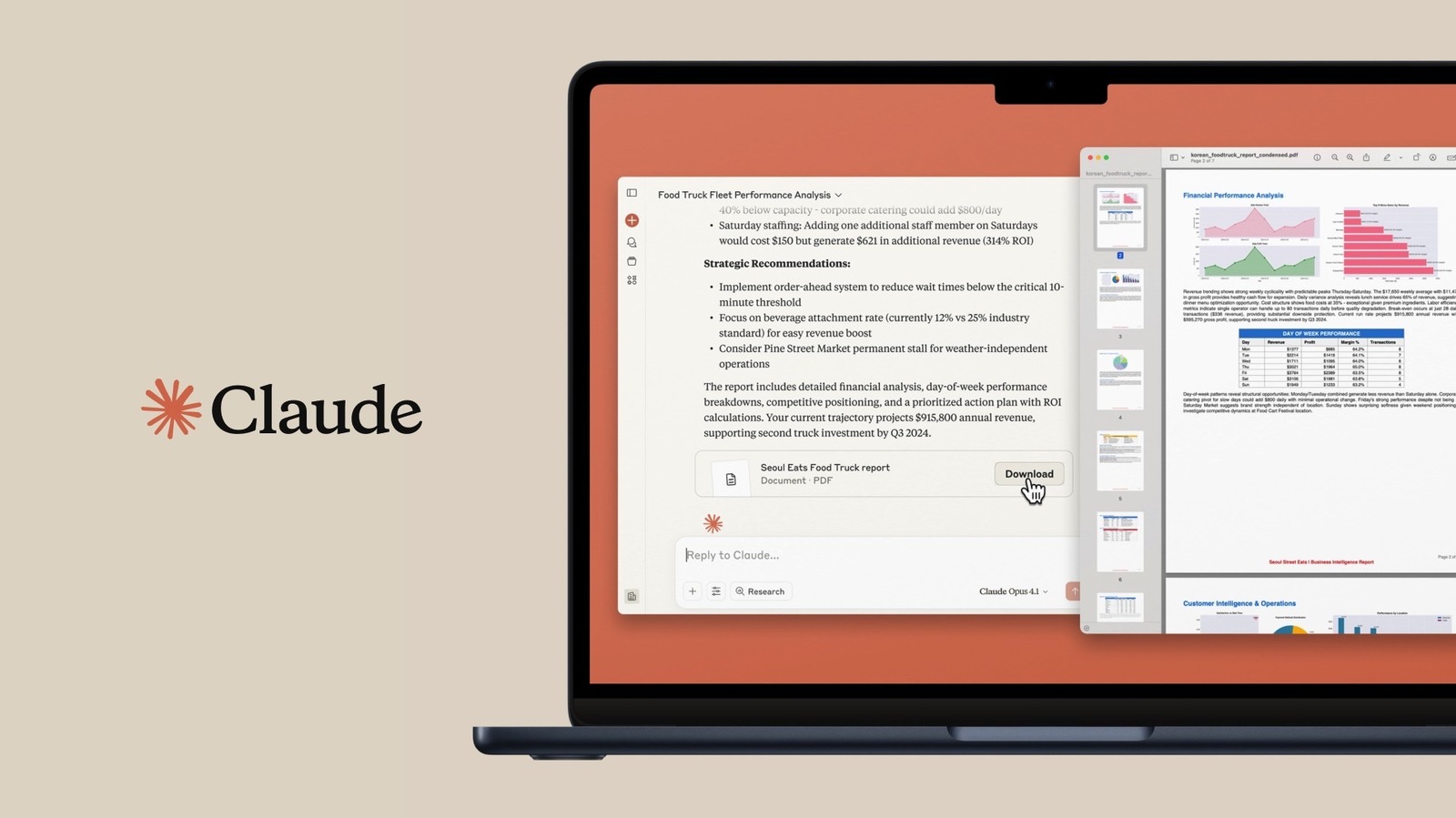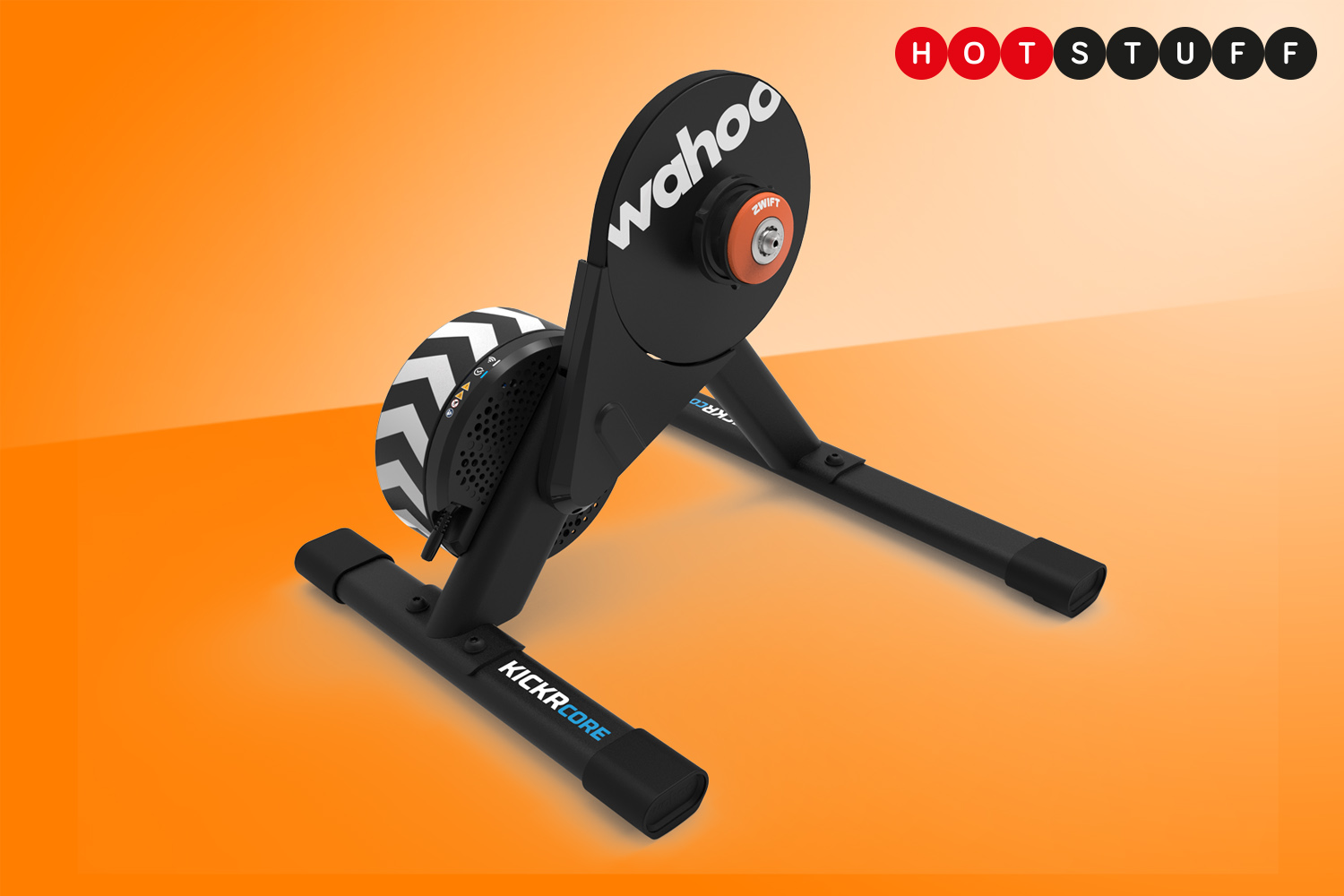The month of June 2025 marks a turning point for users of smartphones with the simultaneous arrival of Android 16 and the beta of iOS 26. Two different universes, two different philosophies, but this same ambition to modernize the mobile experience to make it more intuitive, secure and immersive. If Google and Apple remain competitors, their updates reveal that the two operating systems are closer than ever, especially in terms of interface, security and artificial intelligence.
The interface: a common revolution
It is undoubtedly in the evolution of the interface that the convergence between Android and iOS is the most striking. Android 16 Lance Material 3 expressive, a major overhaul that promises a more fluid, colorful and personalized experience. The animations are more natural, the typography revisited, and a system of dynamic colors applies to all Google applications. The notifications become animated and interactive, and the updates in real time are constantly displayed on the locking screen.
Subscribe to WorldOfSoftware
A change of look far from trivial for the Mountain View giant who wants to make Android more attractive. Praised since its beginnings for its many personalization options, the Google operating system can lack personality in the face of its eternal IOS of Apple. To design its new Material 3 Expressive interface, Google mobilized 18,000 users and led 46 research cycles. The ambition is to provoke more emotions with users, which can in particular seduce a new audience and the youngest.
IOS 26, for its part, revolutionizes design with Liquid Glass, a universe while transparency and glass effects, inspired by the visionos vision interface. The interface elements become translucent, the animations gain in fluidity, and the system offers an unprecedented depth. The home screen and icons adopt a transparent glass effect, while the locked screen is dynamically adapts to current notifications and music.
Security: a shared priority
Security stands out as a central axis of the two systems. Android 16 unveils its advanced protection mode, a real shield that deactivates several potential attack vectors, such as 2G connection or unsecured USB access. Apple, for its part, takes one more step with the filtering of the calls of iOS 26, which invites the interlocutors unknown to identify before the user decides to respond.
Notifications: smarter, more personalized
The management of notifications is also subject to particular attention. Android 16 automatically brings together alerts from the same application and offers real -time updates, especially for deliveries or journeys. IOS 26, on the other hand, is betting on design with its new Liquid Glass style, while keeping the bar high on the personalization and ergonomics of alerts. Here again, there are two visions slightly, but the same desire to make the management of notifications less intrusive and more intuitive.
Accessibility and artificial intelligence: the future of mobile
Accessibility and artificial intelligence are at the heart of the modernization of the two systems. Android 16 improves the integration of hearing aids, allowing to use the phone microphone or adjust the parameters directly from the system. IOS 26, it deploys new artificial intelligence tools, called Apple Intelligence, to offer real -time translation of calls and messages, or even advanced visual recognition in screenshots.
The apple brand also incorporates the on -waiting assistance functionality which is responsible for warning the user when their interlocutor is available. News that Google already offers on Pixel smartphones, which the firm did not fail to recall. In a video of his #BestphonesForever series, Google gently laughs at its rival by showing an iPhone and a Pixel 9 pro chatting.
The apparatus of the research giant reminds that of Apple that it already offers features such as live translation, call filtering and holding assistance for years on pixel. More specifically, the filtering of calls appeared in 2018 on the Pixel 3 while the waiting functionality is available since 2020. Finally, a translation function has existed since the arrival of Pixel 6 in 2021.
In terms of “homemade” assistants, Google is far in advance with the presence of Gemini on Android devices. Siri boosted at AI will not be available before 2026 on Apple products.
🟣 To not miss any news on the Geek newspaper, subscribe to Google News and on our WhatsApp. And if you love us, .












